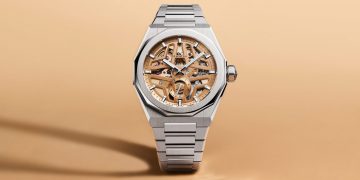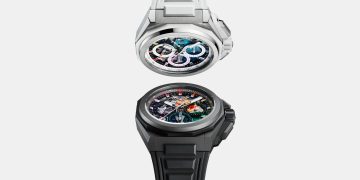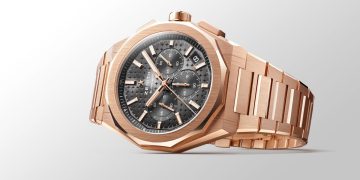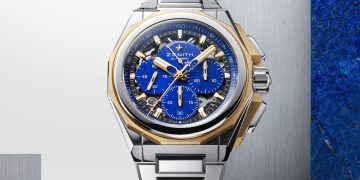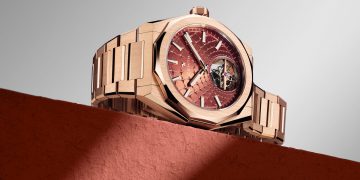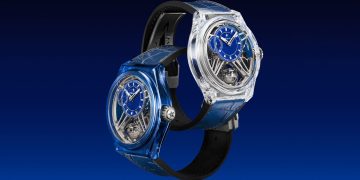Source: Images and content by A Collected Man @ ACollectedMan.com. See the original article here - https://www.acollectedman.com/blogs/journal/philippe-dufour-journey-to-watchmaking
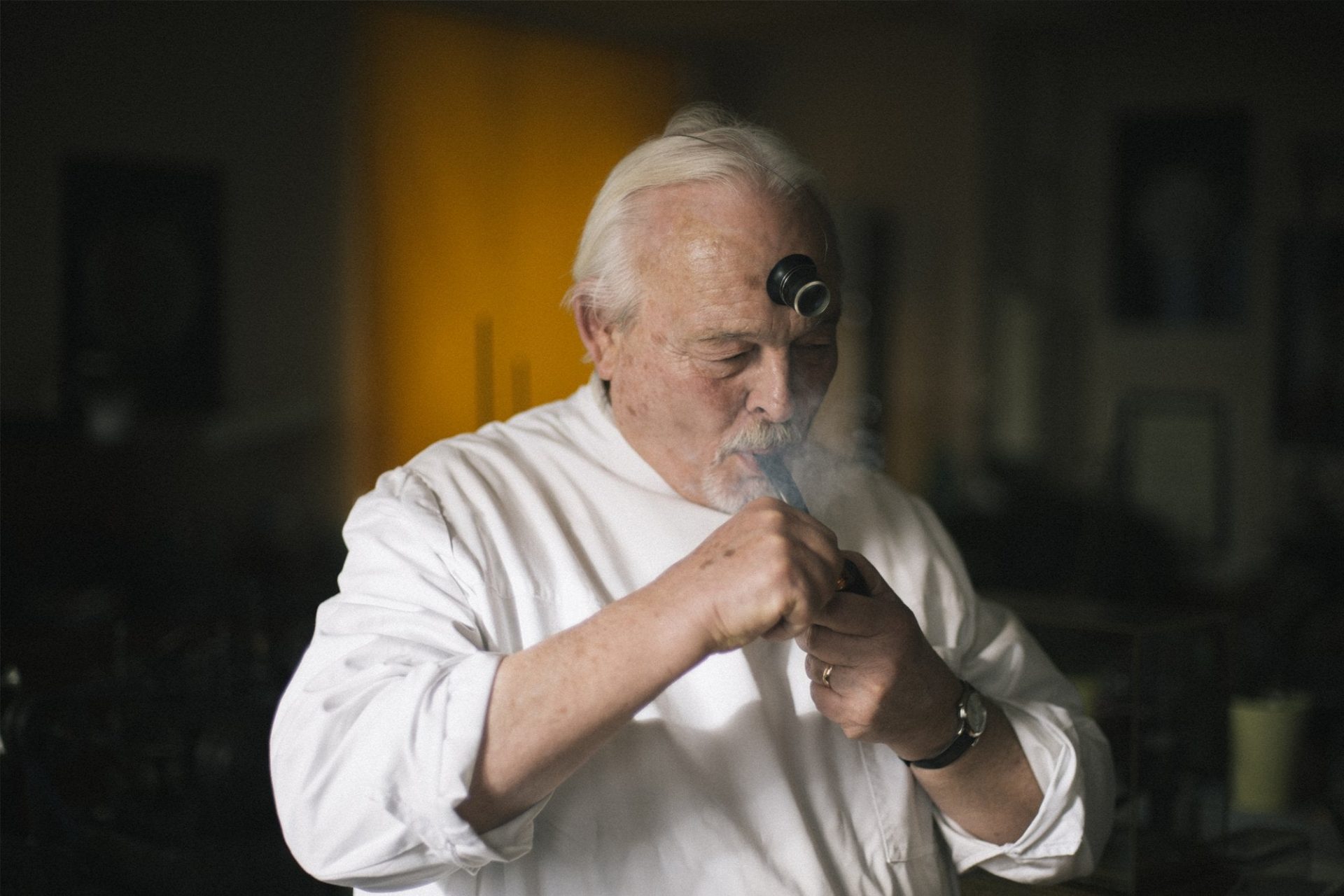
While in Germany, Dufour was working in the aftersales department, where he saw dozens of the company’s watches come through for a service. While handling these, he noticed a pattern emerging. Specifically, there was a pinion that was wearing out time and time again with a certain calibre. When he got back to Switzerland, he presented his findings to his superiors, claiming that there must have been a manufacturing defect with a specific component in the calibre. They asked him how many examples of this wearing-out he had observed, to which he responded five. This was far too small a number to concern them, as it represented an insignificant percentage of the overall production. However, in Dufour’s eyes, it was more than enough to cause concern. Nevertheless, no change was made, to Dufour’s frustration.
Back in the manufacture, the watchmaker was given the opportunity to work with the man whom he claims had the most profound impact on his professional career and education in watchmaking, Gabriel Locatelli. In the annals of independent watchmaking history, Charles Meylan shaped Kari Voutilainen, George Daniels trained Roger Smith and inspired François-Paul Journe, and Locatelli played a similar role for Dufour. “He was an incredibly sharp watchmaker”, Dufour tells us, “he taught me all the things you don’t learn at watchmaking school.” The two of them worked in what Dufour described as a laboratory at Jaeger-LeCoultre, where they spent their time creating new movements, mainly through trial and error.
Their close relationship survived well beyond their time at Jaeger-LeCoultre, with Locatelli later helping Dufour build the Simplicity prototype. To land such a position, especially as your first job after graduation, clearly shows what a prodigious talent the young Dufour was. Working so closely with Locatelli proved to be an unparalleled education for the young watchmaker, helping to build on the talent he’d already displayed. He also began to gain a deeper understanding of how to develop and build a new calibre from the ground up. While he claims he had no desire to become independent at this point, he was clearly starting to pick up the necessary skills, which would one day carry him into independence.

